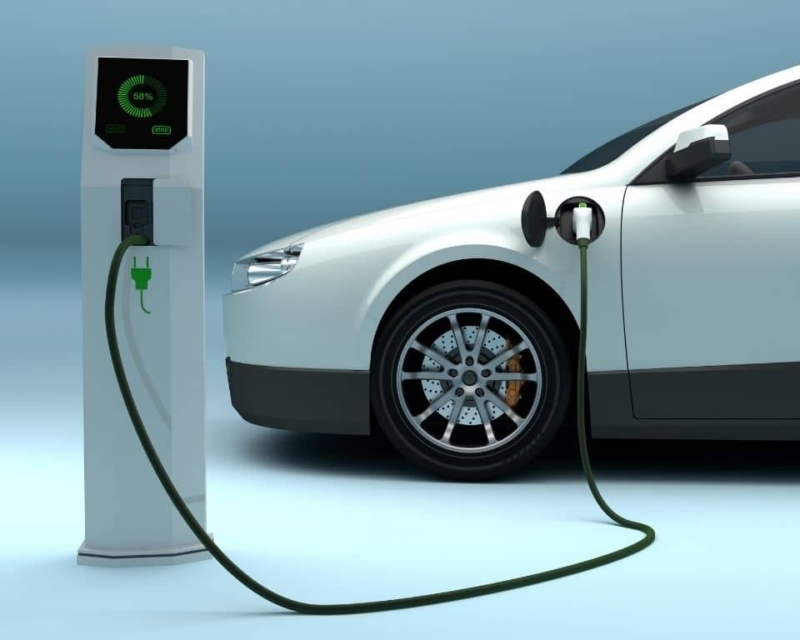California Considers GPS Tracking to Replace Gas Tax
In a move to adapt to the changing landscape of vehicle usage and fuel consumption, California is experimenting with a new method to fund its transportation infrastructure. The state is exploring car tracking systems as a potential replacement for the traditional gas tax. This initiative comes in response to the growing popularity of electric vehicles (EVs) and aims to ensure a sustainable revenue stream for road maintenance and construction.
With President Biden’s ambitious goal of having 50% of all new vehicle sales be electric by 2030, the traditional gas tax model faces obsolescence. As more drivers switch to EVs, which do not contribute to gas tax revenues, states like California are confronted with the challenge of funding transportation infrastructure. The gas tax has historically been a significant source of revenue for maintaining roads and bridges, but its effectiveness is diminishing as fuel efficiency improves and EV adoption increases.
California’s pilot program involves tracking the miles driven by vehicles using GPS technology or odometer readings. This mileage-based user fee (MBUF) system would charge drivers based on the distance they travel rather than the amount of gasoline they consume. The goal is to create a fairer and more sustainable funding mechanism that accounts for all road users, regardless of their vehicle type.
While the concept of a mileage-based tax is straightforward, its implementation raises several concerns. Privacy is a significant issue, as many drivers are wary of government tracking their movements. Ensuring that the data collected is secure and used solely for taxation purposes will be crucial in gaining public acceptance.
California’s initiative is part of a broader trend as other states also explore alternatives to the gas tax. The federal government may eventually need to coordinate with states to create a cohesive national strategy for transportation funding. This could involve standardizing mileage tracking technology and ensuring interoperability between state systems.
As the transition to electric vehicles accelerates, innovative solutions like California’s car tracking system will be crucial in maintaining and improving the nation’s transportation infrastructure. The success of such programs will depend on balancing revenue needs with privacy concerns and ensuring that the system is equitable for all drivers.






